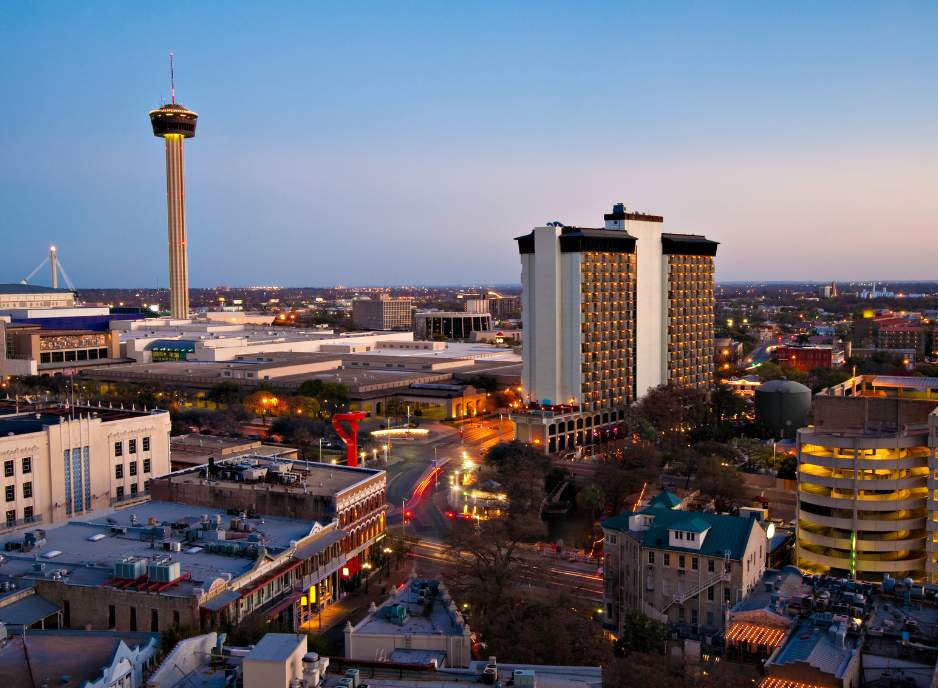Is agricultural land the answer to affordable housing conundrum?
Writer: Alejandro Sanchez
 April 2022— As affordable housing options become more limited and demand continues to rise in Orange County, some developers are looking at alternative options, like agricultural rezoning, to provide supply on both fronts.
April 2022— As affordable housing options become more limited and demand continues to rise in Orange County, some developers are looking at alternative options, like agricultural rezoning, to provide supply on both fronts.
California-based Lincoln Avenue Capital is seeking permission to rezone an agricultural property, owned by Jade Bridge Inc., to develop a 200-unit affordable senior housing complex in Orange County. Although the 7.27-acre development has not been scheduled for review by county development authorities, it is expected to break ground this year and to be completed in 2024.
“Lincoln Avenue is dedicated to developing quality, affordable homes to create long-term value for our residents,” said Project Director James Riley, in a Business Journals report. “This project provides an opportunity to develop affordable, independent senior living in a highly desirable area, near a large number of amenities that will be easily accessible to future residents.”
Investing in farmland to develop commercial or residential real estate has become a common practice, yet there are important factors to consider in those transactions, particularly on farming and ranching activities. In the case of Orange County, over 18% of jobs are related to agriculture, according to the University of Florida Institute of Food and Agricultural Sciences.
Despite the contribution to the local economy, a recent study by the American Farmland Trust (AFT) concluded that between 2001 and 2016, 298,400 acres of agricultural land were either developed or compromised in the state. The report also concludes that low-density residential (LDR) land use compromises agricultural activity as it makes farming and ranching activities more complicated, particularly when it comes to transportation between fields. In Florida, approximately 46% of compromised land falls into the LDR category. Rezoning agricultural areas can also represent challenges like water and air pollution as well as loss of wildlife habitat.
“Florida has established policies to permanently protect farmland through the Rural and Family Lands Protection Program, its Greenbelt Law reduces property taxes on agricultural land, localities are required to manage growth through comprehensive planning, and it has a state leasing program for agricultural lands,” said Billy Van Pelt II, AFT senior director of external relations, in a Citrus Industry report. “These are important steps forward, but so much more needs to be done.”














